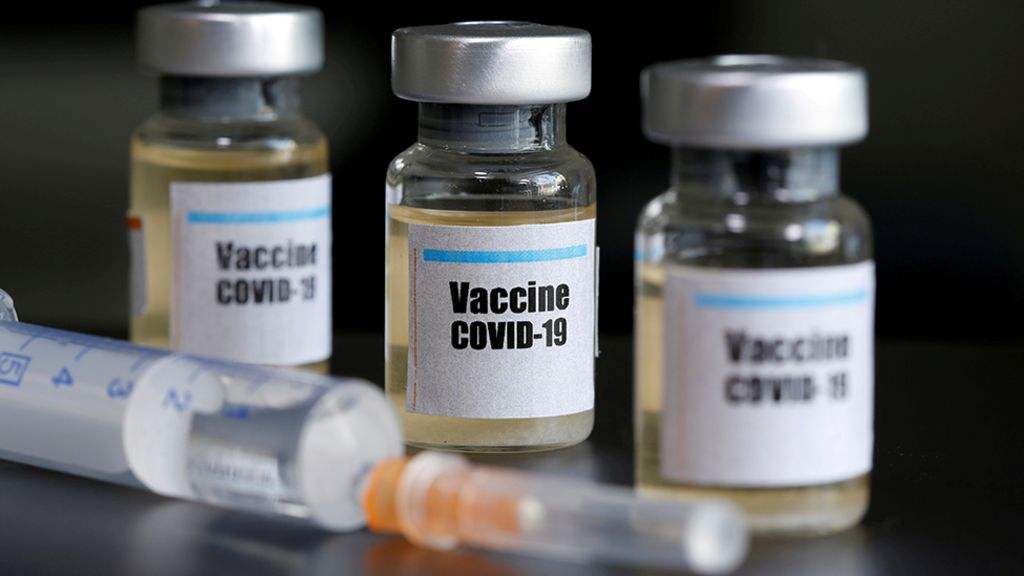On August 26, Moderna announced that it had filed patent infringement lawsuits against Pfizer and BioNTech in the U.S. District Court of Massachusetts and the German District Court of Düsseldorf. Pfizer and BioNTech are accused of infringing core patents on their innovative mRNA technology platform.
Moderna argues that Pfizer and BioNTech’s COVID-19 vaccine Comirnaty infringes patents on Moderna’s underlying mRNA technology filed between 2010 and 2016. This breakthrough technology is critical to the development of Moderna’s own mRNA COVID-19 vaccine, Spikevax. Pfizer and BioNTech “copied” the technology without Moderna’s license to develop Comirnaty.
Moderna believes that Pfizer and BioNTech copied two key parts of Moderna’s patented technology. When COVID-19 emerged, neither Pfizer nor BioNTech had the level of Moderna to develop mRNA vaccines against infectious diseases, and they deliberately followed Moderna’s footsteps and developed their own.
First, Pfizer and BioNTech are clinically testing four different vaccine candidates, including some that may steer clear of Moderna’s innovation path. However, Pfizer and BioNTech ultimately decided to go ahead and develop a vaccine with the exact same mRNA chemical modifications as Spikevax. Scientists at Moderna began developing the chemical modification technique in 2010 to avoid triggering an adverse immune response when mRNA is injected into the body, and it was first demonstrated in human trials in 2015.
Second, despite the many different options, Pfizer and BioNTech copied Moderna’s approach to encoding the full-length spike protein in a lipid nanoparticle formulation for the coronavirus. Scientists at Moderna used this approach to create a coronavirus vaccine for Middle East Respiratory Syndrome (MERS) years before COVID-19 first emerged in 2019.
Moderna said it will not seek damages for Pfizer and BioNTech’s actions prior to March 8, 2022. In October 2020, Moderna pledged not to enforce its COVID-19-related patents for the duration of the pandemic. In March 2022, Moderna renewed its commitment when the collective fight against Covid-19 entered a new phase and vaccine supply was no longer a barrier to access in many parts of the world.
Moderna has made it clear that while it will never enforce any patents on the use of a COVID-19 vaccine in 92 low- and middle-income countries, he expects companies like Pfizer and BioNTech to respect its intellectual property. Moderna also considers commercially reasonable licenses if they wish to apply for licenses in other markets, however Pfizer and BioNTech have failed to do so.
Moderna also said it would not seek to remove Comirnaty from the market or prevent future sales, given the need to ensure an ongoing supply of the Covid-19 vaccine. In addition, Moderna will not seek damages for Pfizer’s sales to 92 low- and middle-income countries. In addition, Moderna said it will not claim damages from the U.S. government’s actions to Moderna from the two companies.
All of Moderna’s patent rights in this allegation are not related to any intellectual property rights created during Moderna’s work with the National Institutes of Health to fight COVID-19. Because the collaboration started after the related patented technology proved successful in clinical trials in 2015 and 2016.
Stéphane Bancel, CEO of Moderna, said: “We are filing these lawsuits to protect our pioneering innovative mRNA technology platform that invested billions of dollars in creating and applying for the decade prior to the COVID-19 pandemic. Patents. We started building this foundational platform in 2010, along with our patent work on coronavirus in 2015 and 2016, allowing us to produce safe and efficient COVID-19 treatments in record time after the pandemic hit Vaccines. As we work to address future health challenges, Moderna is using our mRNA technology platform to develop medicines that can treat and prevent infectious diseases such as influenza and HIV, as well as autoimmune and cardiovascular diseases and rare cancers.”









